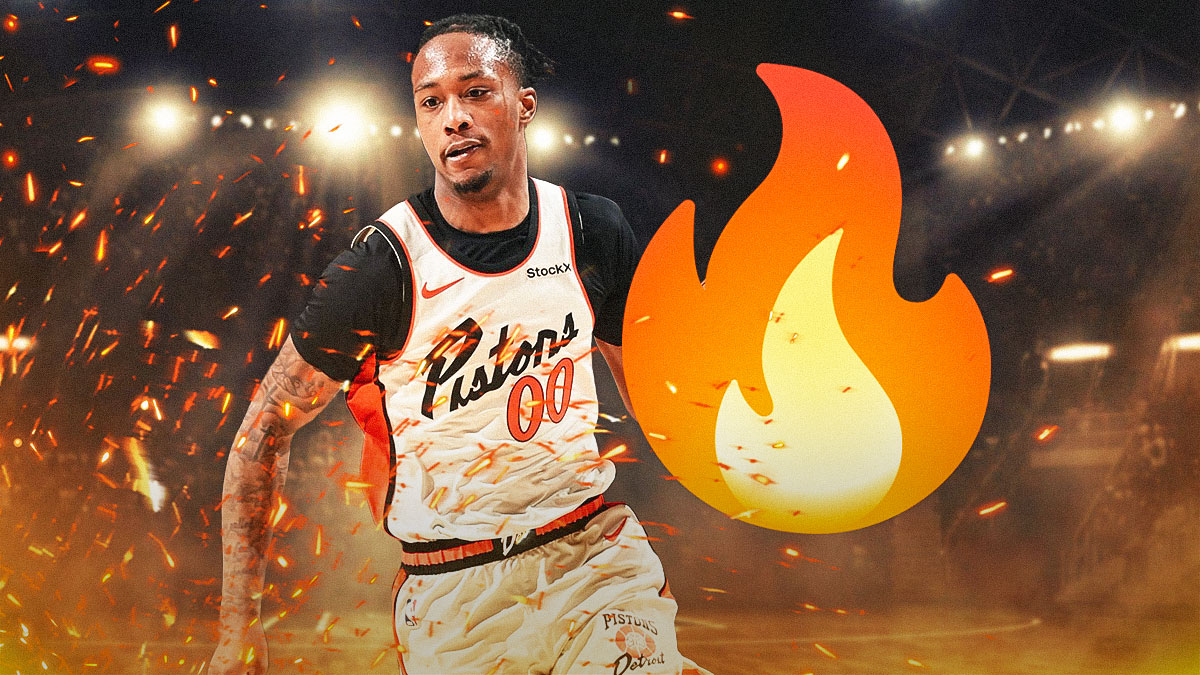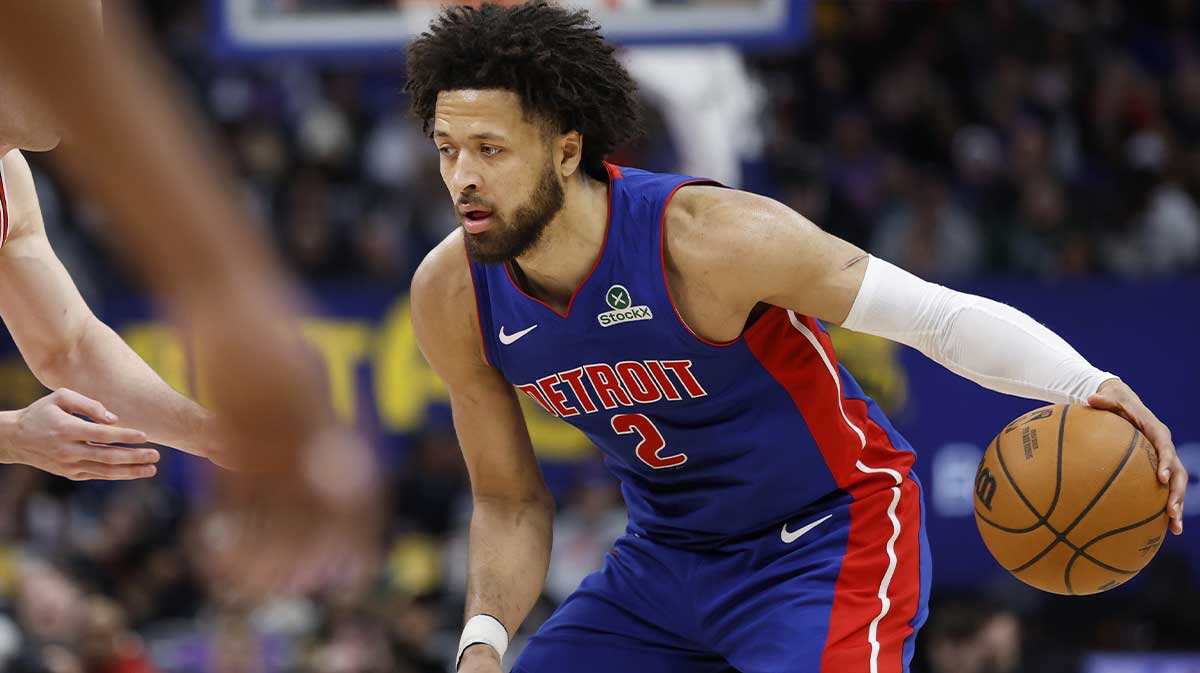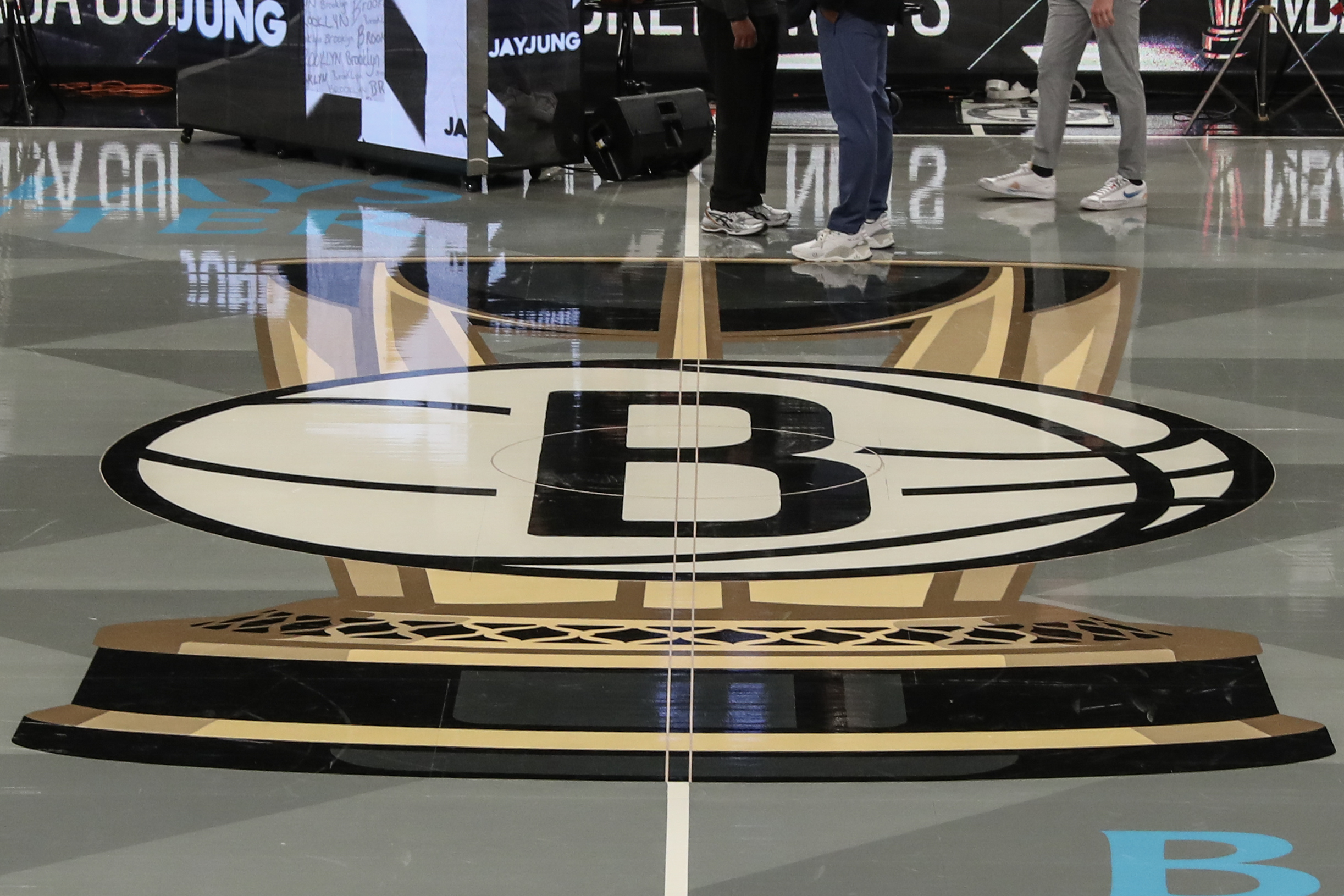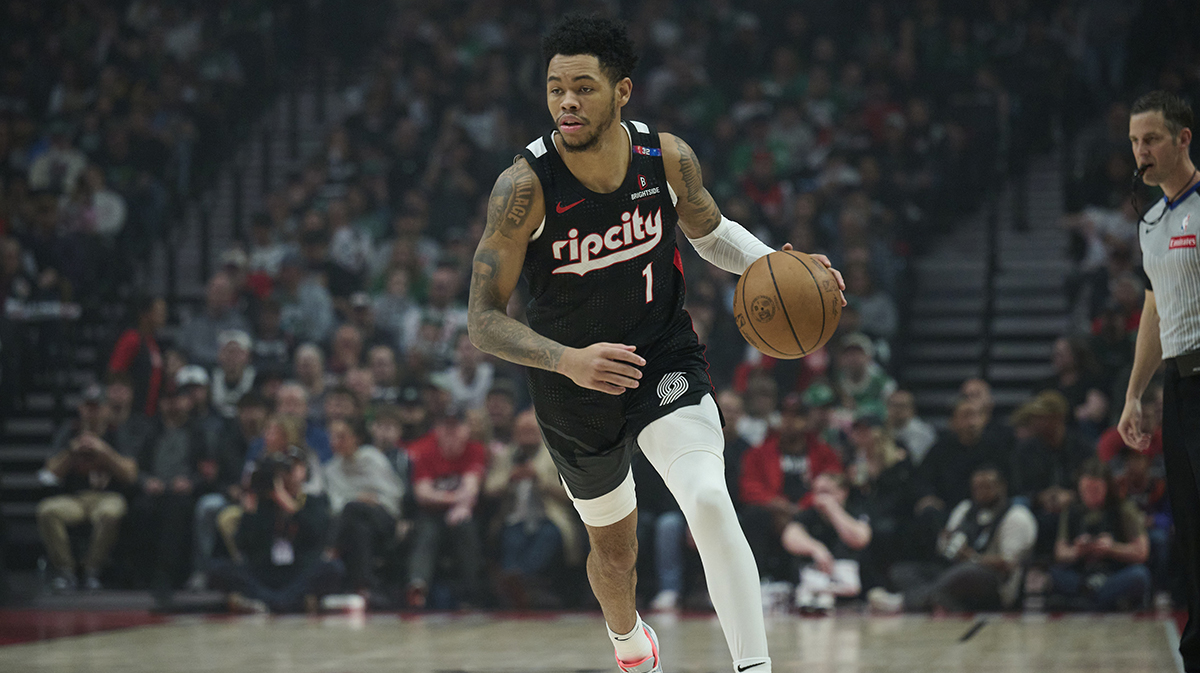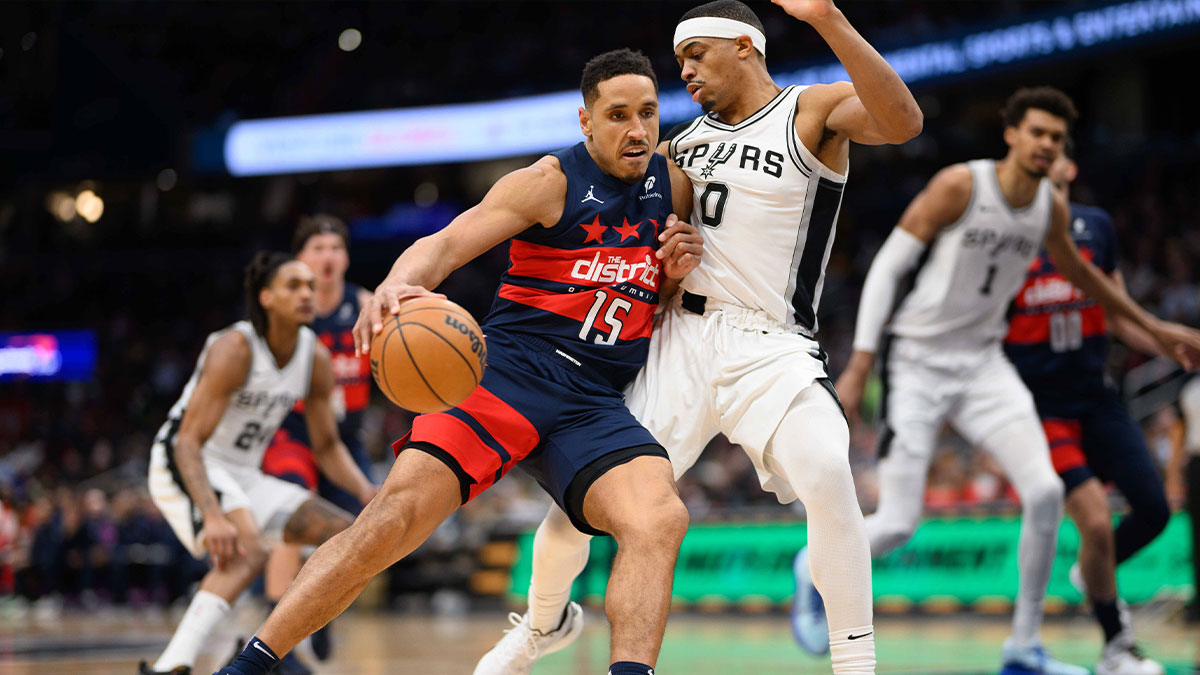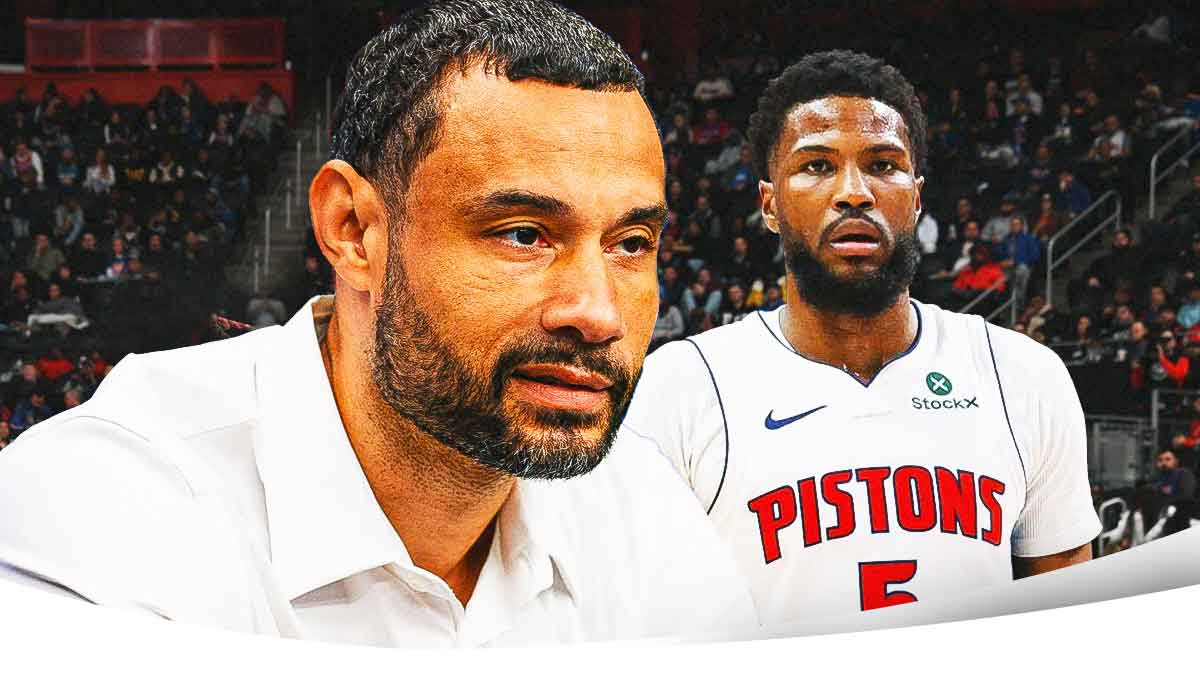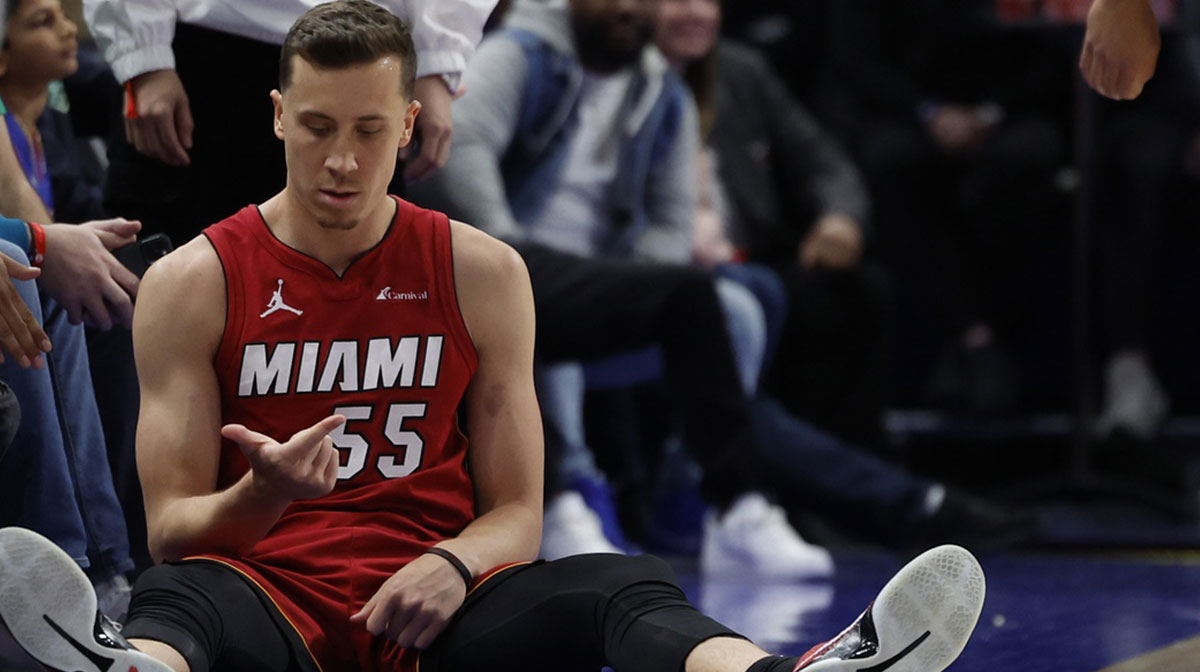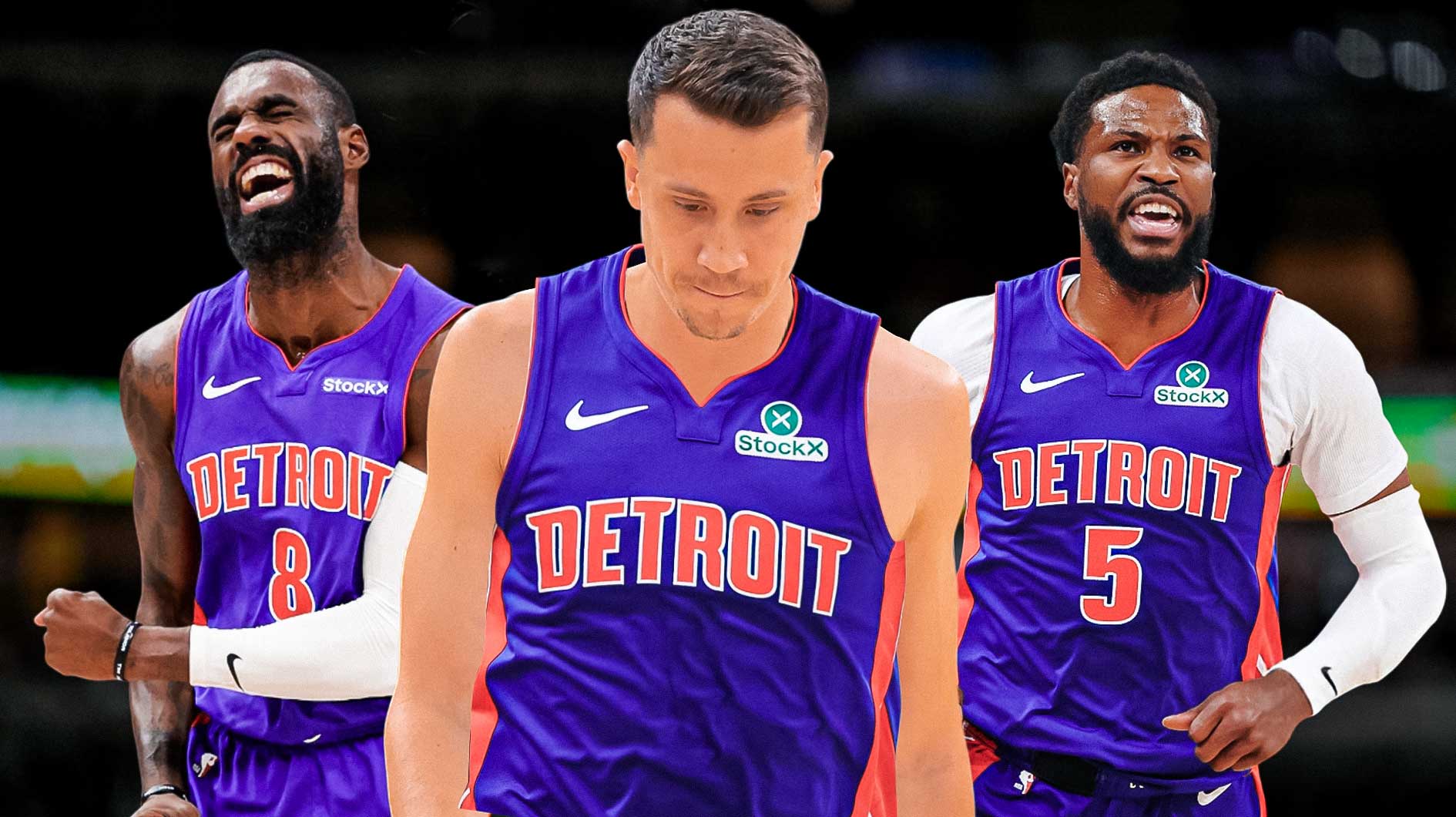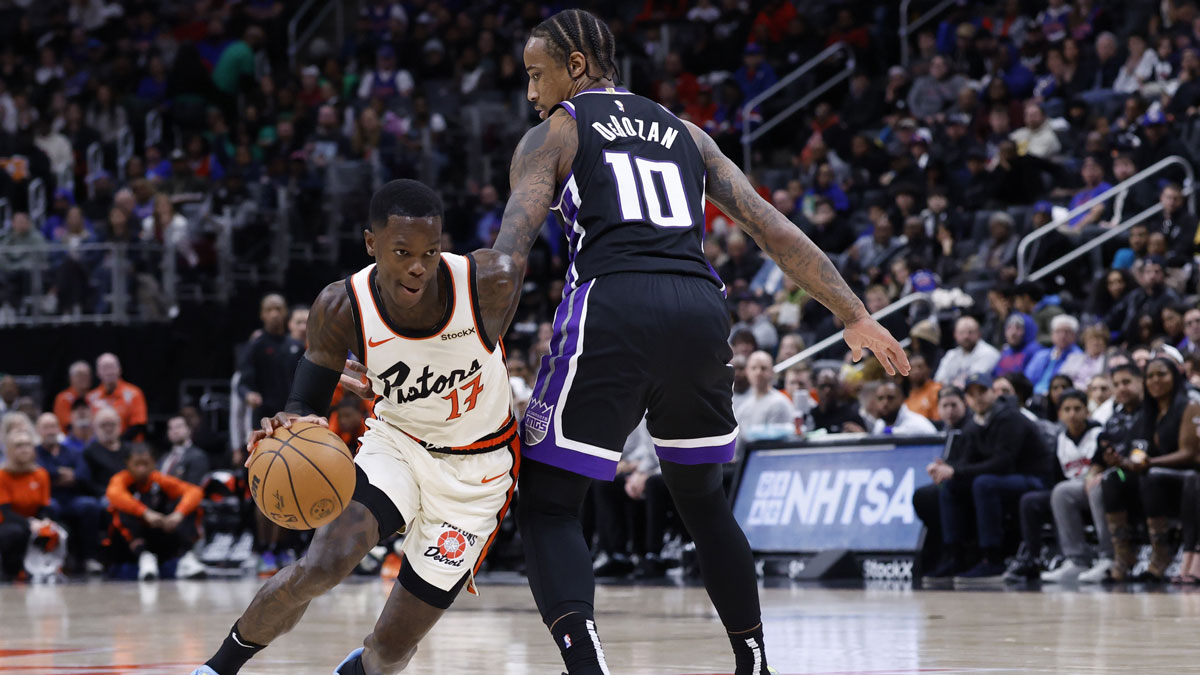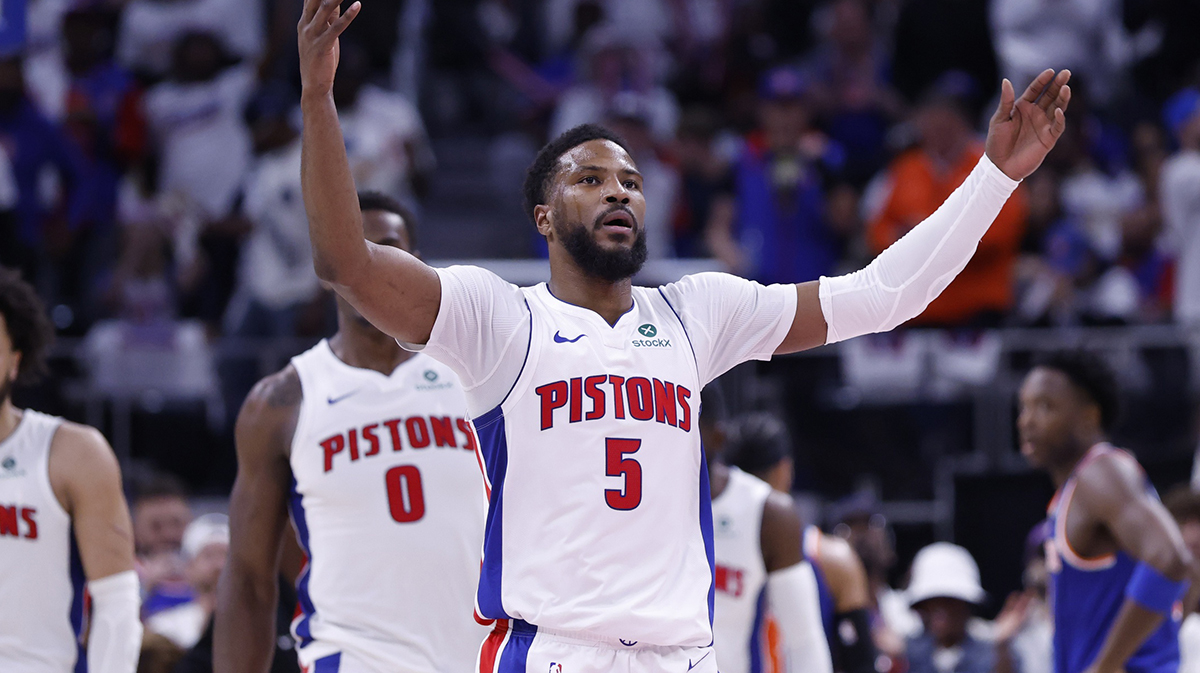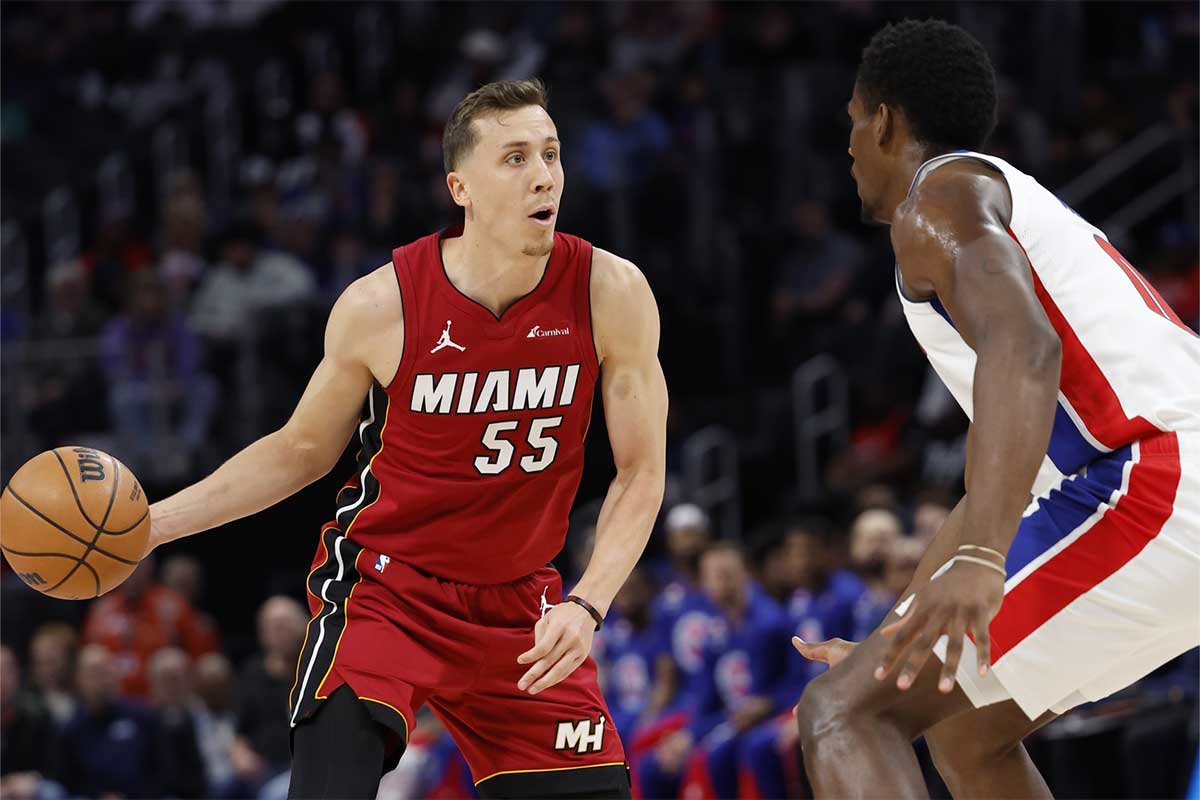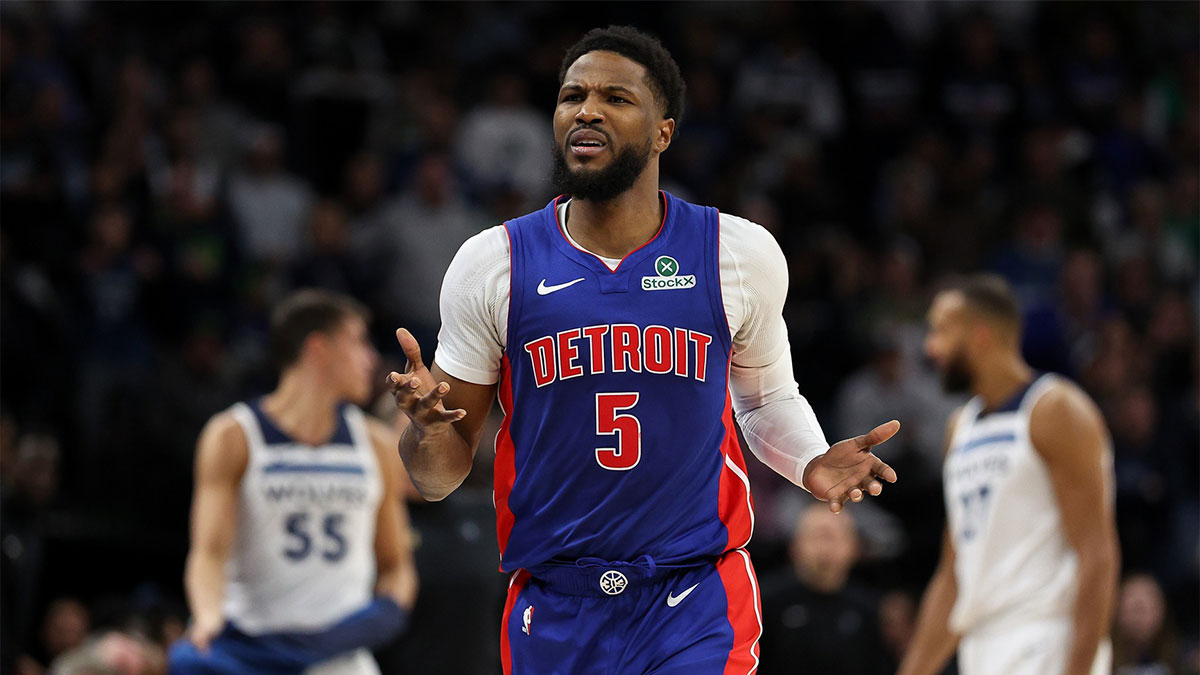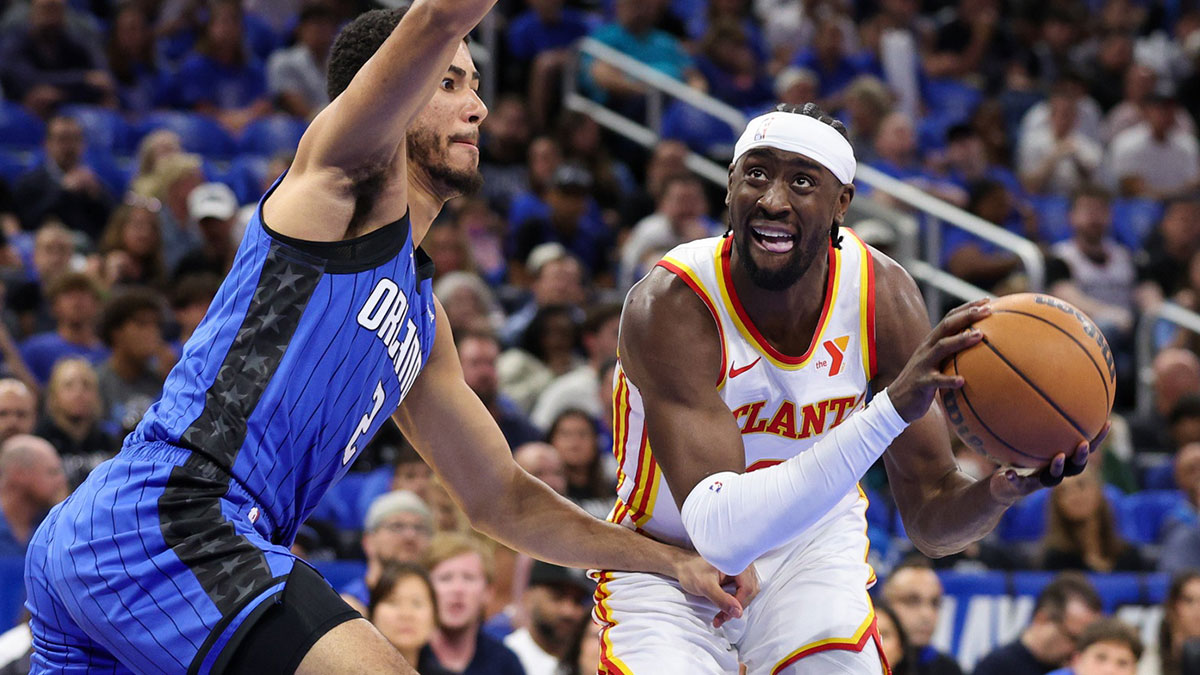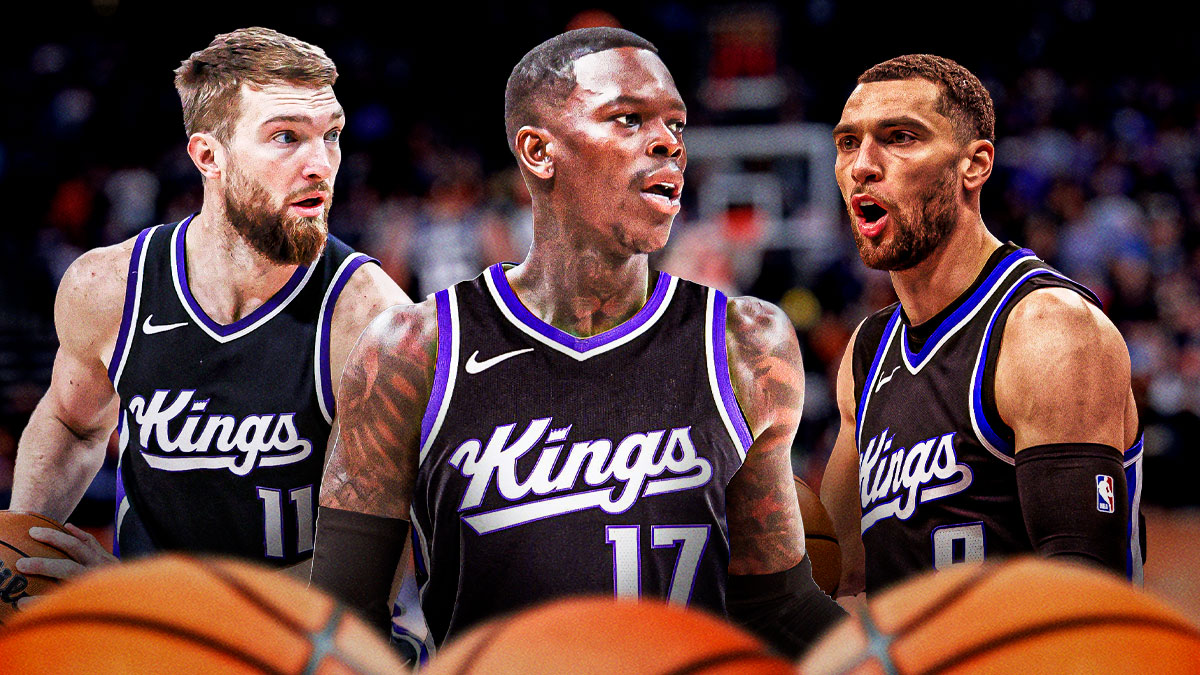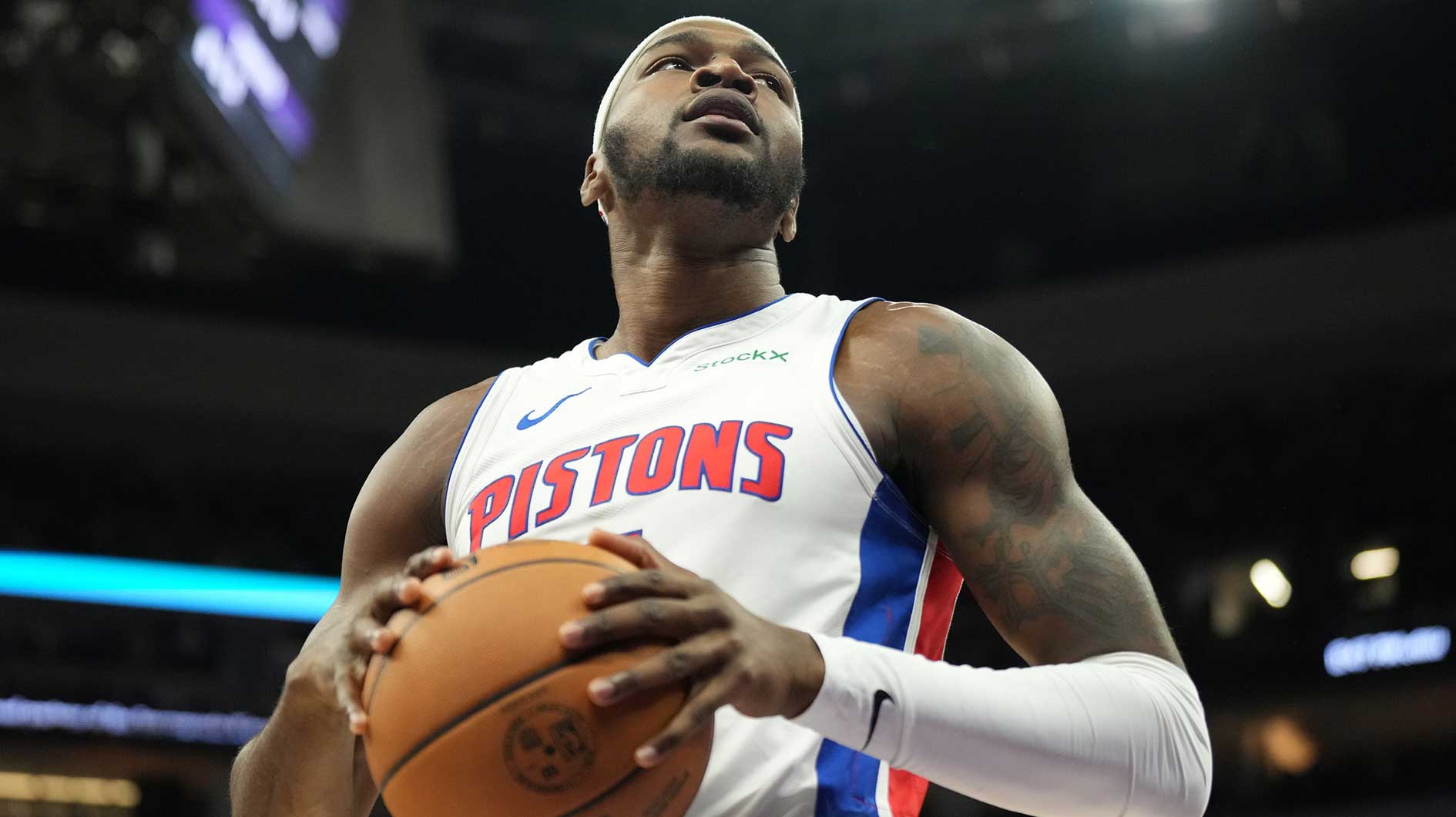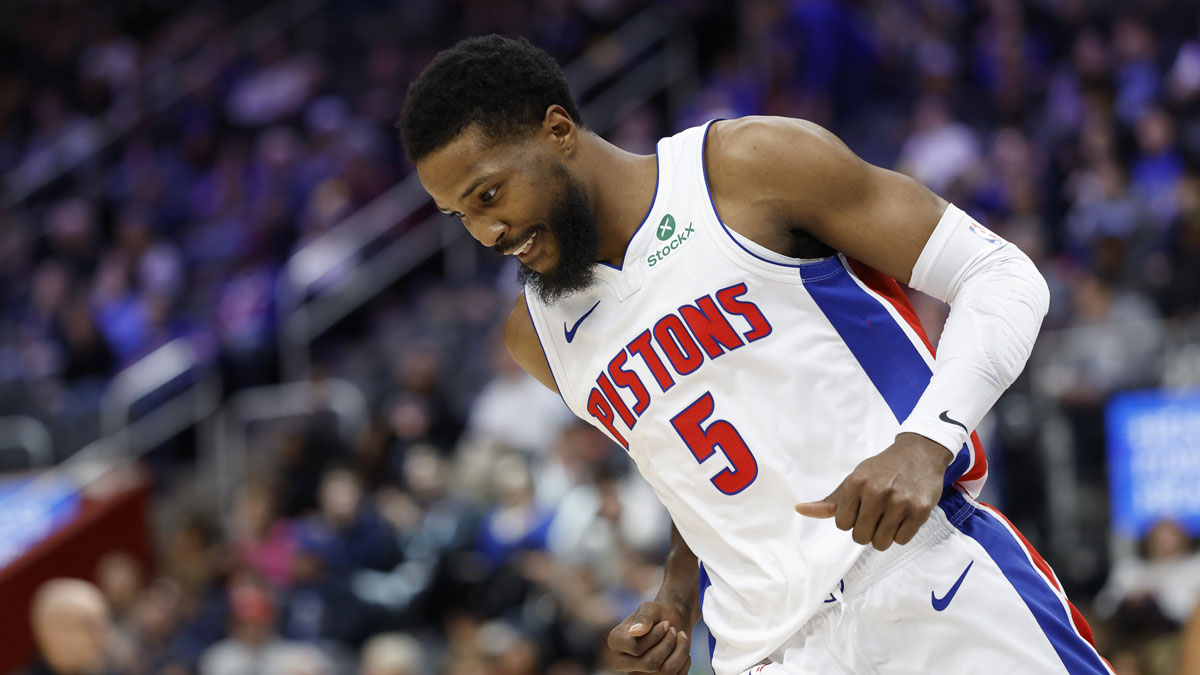Evaluating the small forward position is a tough one for many teams, considering it was perhaps the most inglorious position in basketball for quite a few decades. Initially a support position, it was the reason why guys who fit the frame often moved to friendlier slots for scoring or defensive purposes. These are the five best to walk through the Detroit Pistons organization:
5. Adrian Dantley
Dantley was a legitimate scorer and one of the first to arrive from the small forward position. He came to the Pistons in 1986 and barely missed Detroit's first two titles after being traded midway through the 1988-89 season.
He averaged 20.8 points per game throughout his time in Motown despite seeing his scoring opportunities decline. Dantley posted 20.3 points per game after being traded to the Dallas Mavericks that season, but his scoring punch greatly declined after that, lasting only two more seasons in the league.
The Pistons might have only enjoyed two years and change of Dantley's scoring prowess, but he was still a high-octane bucket-getter worthy of recognition.
4. Mark Aguirre
Unlike Dantley, Aguirre latched on at the right time, coming over from the Mavericks and fitting the space that Dantley's scoring talents couldn't.
Part of what made this trade so even is that it was one scorer for another, fitting next to Isiah Thomas and Joe Dumars as a third scoring threat. Aguirre was perfectly willing to take a lesser role in order to compete for a title.
After averaging 15.5 points, 2.5 assists and 4.2 rebounds as a starter in the remaining 36 games of the 1988-89 season, he lost minutes to Dennis Rodman as the latter emerged as an important cog in the rotation. He started only 40 of his 78 games in 1989-90, but still averaged 14.1 points, 1.9 assists, and 3.9 rebounds per game.
That sacrifice ultimately provided the Pistons with the fruition of a team-first vision coach Chuck Daly had in mind for the team.
3. Kelly Tripucka
https://www.youtube.com/watch?v=RQbN1LUn714
Only the diehards of NBA lore will be familiar with this name. Standing at 6-foot-6 and 220 pounds, Tripucka was the prototypical small forward, and he could score with the best of them.
The New Jersey native averaged an impressive 21.6 points, 5.4 rebounds, and 3.3 assists while shooting 49.6% from the floor in his rookie season. He averaged 19 points or more in each of his five seasons with Detroit before enjoying two seasons with the Utah Jazz and three with the Charlotte Hornets.
Tripucka was a two-time All-Star who was selected with the 12th overall pick and the second Pistons selection in the 1981 Draft, the same that saw the franchise draft Isiah Thomas.
2. Tayshaun Prince
Perhaps the Pistons' most recognizable small forward of the last 20 years. Prince was drafted out of Kentucky in 2002 and quickly became a staple in the starting lineup after his rookie season.
Before gems like Klay Thompson, it was Prince who was the ironman of the league, playing all 82 games for six straight seasons from 2003-2009 — starting in all but two of them.
Prince was not spectacular in any category, but he was the steady contributor that coach Larry Brown needed in his lineup to make a deep run in the postseason.
The most memorable moment of Prince's career came in Game 2 of the 2004 Eastern Conference Finals, when a potential game-tying layup by Reggie Miller was denied by his all-out hustle. The lanky forward trailed the play from the opposite lane and swatted Miller's layup with 18.9 seconds left in regulation, turning the tide of the series and helping the Pistons get momentum — one they'd ride all the way to a 2004 title.
1. Grant Hill
https://youtu.be/hB3t2vQ8uuA?t=18
In an NBA era still reeling from Michael Jordan's sudden retirement in 1993, Grant Hill was viewed as the salvation to what seemed to be a doomed league without its best player.
Hill was the whole package and the player who closest resembled Jordan in terms of his all-around game. He averaged 19.9 points, 6.4 rebounds, and 5.0 assists in his first year, a surefire road to Co-Rookie of the Year honors (tied with Jason Kidd) as well as an All-Star nod in his first year in the league, a rare feat.
He made the All-Star Game in five of his six seasons with Detroit, though team success never actually followed Hill's career after winning two titles with Duke in 1991 and 1992.
Hill planned to sign with the Orlando Magic after six years in Motown, so the Pistons signed him to a seven-year, $92.8 million contract and traded him to the Magic for Chucky Atkins and Ben Wallace. He would only play four games for the Magic in 2000-01 after dealing with a series of ankle injuries.
Those later extended to several lower-body injuries for what was a sad stretch of his career, which led him to miss the entire 2003-04 season. After being traded by the Pistons, Hill earned plenty but played in only 47 games through his first four years with the Magic.
Hill enjoyed a meteoric rise through his lone stint with The Motor City, but as fate would have it, it wouldn't amount to much besides some personal accolades.

